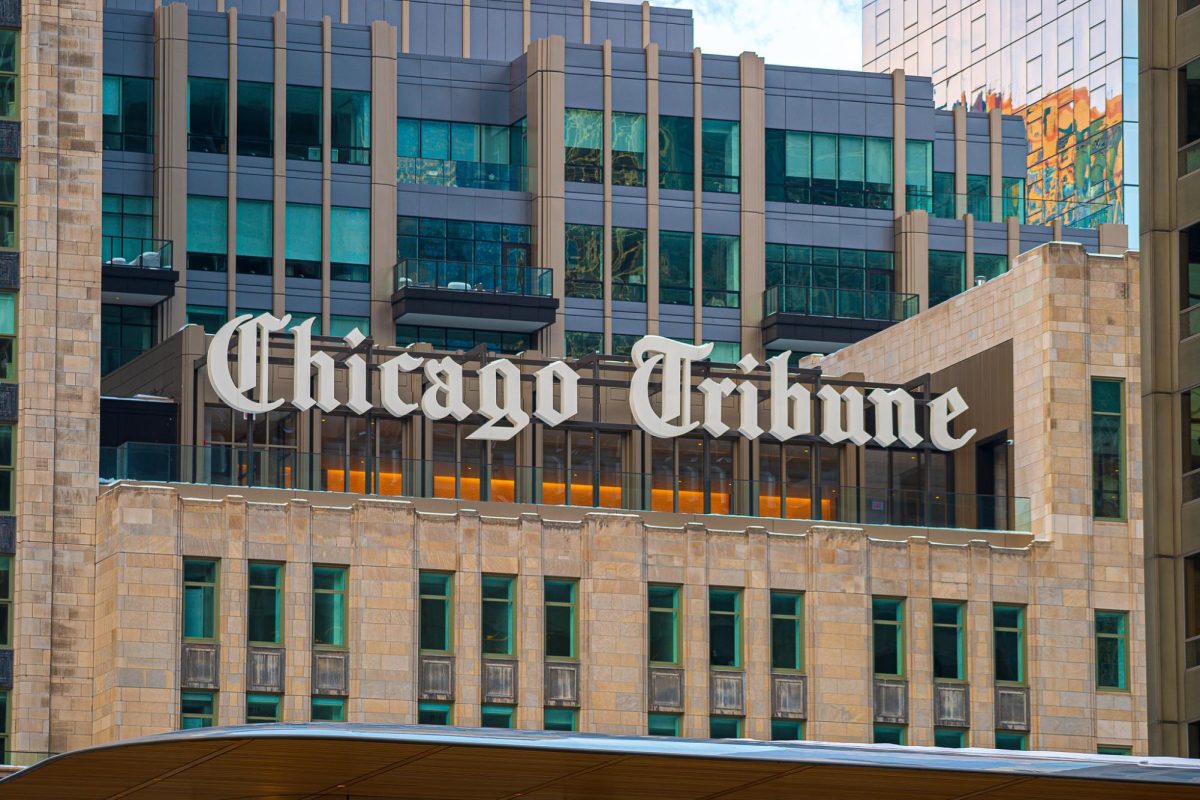Alden Global Capital, the second-largest newspaper owner in the country, sued OpenAI Inc. and Microsoft Corp. through its subsidiary-owned publications for illegally using news articles to grow and profit from their generative AI models on April 30.
In the lawsuit, OpenAI and Microsoft were accused of copyright infringement, unfair competition and tarnishing the newspapers’ reputations.
Alden Global Capital owns The New York Daily News, The Chicago Tribune, The Orlando Sentinel, The Sun Sentinel of Florida, The San Jose Mercury News, The Denver Post, The Orange County Register, The St. Paul Pioneer Press and more. It owns them through subsidiaries of Alden MediaNews Group and Tribune Publishing.
In the court filings, the publishers claim that the commercial success of OpenAI is built on copyright infringement. The content that the newspapers were publishing was copyrighted and, in some cases, existed behind a paywall that OpenAI bypassed in order to train its algorithm.
The complaint states that chatbots obtained excerpts from newspaper articles, and sometimes even the whole article, quoting and showing content originally protected by a paywall on the newspapers’ website. In doing so, they reduced the need for people to subscribe to the newspapers to access the content.
The suit claimed that, since OpenAI and Microsoft paid for the technology required to house their AI models, they should be paying for the data required to develop their algorithms, too.
“…Defendants contend that they can fuel the creation and operation of these products with the Publishers’ content without permission and without paying for the privilege,” it said. “They are wrong on both counts, as this lawsuit will prove.”
Local newspapers are already at a high disadvantage, the suit noted, following the development of the internet and the subsequent “siphoning of advertisement revenue.” Allowing OpenAI to scrape newspaper data and showing it to chatbot users for free hurts newspapers’ abilities to sustain their business, it said.
OpenAI previously stated that, without copyrighted content, it would be “impossible” to grow its chatbot. Recent investigations from The New York Times — which also sued OpenAI in a separate filing — found that OpenAI went as far as transcribing YouTube videos into text to train ChatGPT after running out of written content by late 2021.
The lawsuit also outlines the importance of publishers’ content in training AI Chatbots. Older OpenAI statements show higher-quality datasets were sampled “more frequently.” Alden claimed that publishers’ works are more strongly vetted and would be considered higher quality for training the algorithm.
In December 2023, The Times sued OpenAI and Microsoft for allegedly using copyrighted articles and becoming competition with the paper as a news resource. Microsoft successfully got some parts of this case dismissed.
In the December 2023 lawsuit, the potential harm to The Times brand comes from AI hallucinations. This happens when AI creates false information and says it comes from the wrong source. For example, Bing Chat said that they used The Times article for “the 15 most heart-healthy foods” article, out of which 12 were not mentioned in the New York Times article.
OpenAI has existing deals with the Associated Press, which owns Business Insider and Politico, as well as The Financial Times that allow them to license news content from the publishers to train their AI bots. It is unclear what the terms of those deals with OpenAI are exactly.
The Times does recognize the benefit of generative AI to the public. In an emailed statement, it said that The Times “recognizes the power and potential of GenAI for the public and for journalism,” but believes journalism should not be used for commercial gain without getting journalists paid.
The argument behind the lawsuit centers around who gets to benefit from the journalistic work of hundreds of writers. Alden newspapers argue that, without the proper payment to journalists for their work, it will be impossible to sustain the production of content that chatbots and people rely on.








